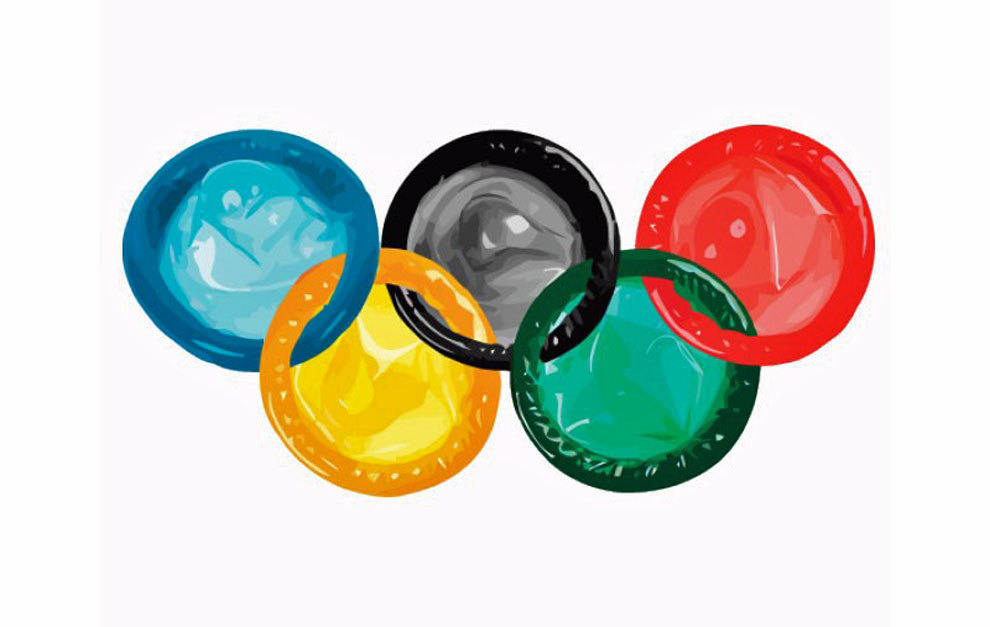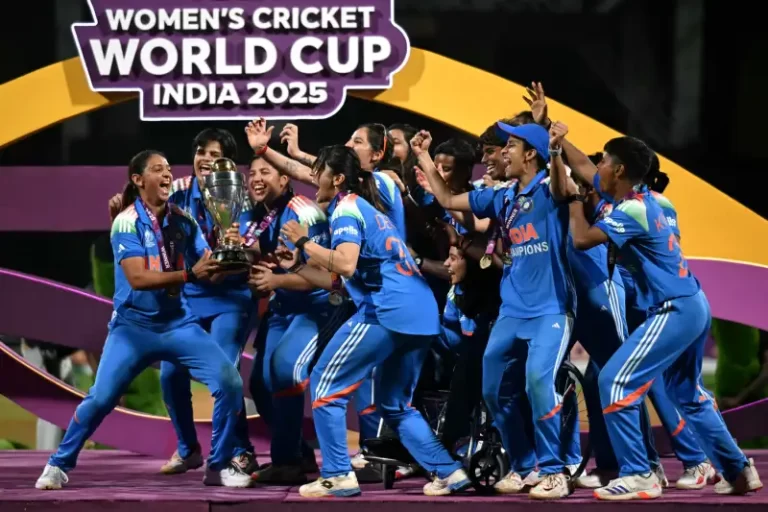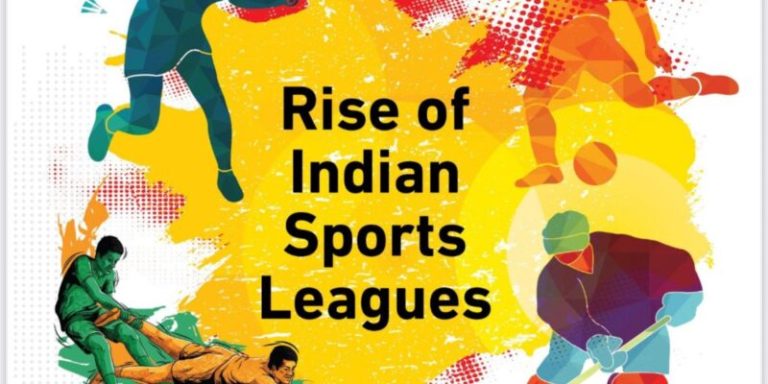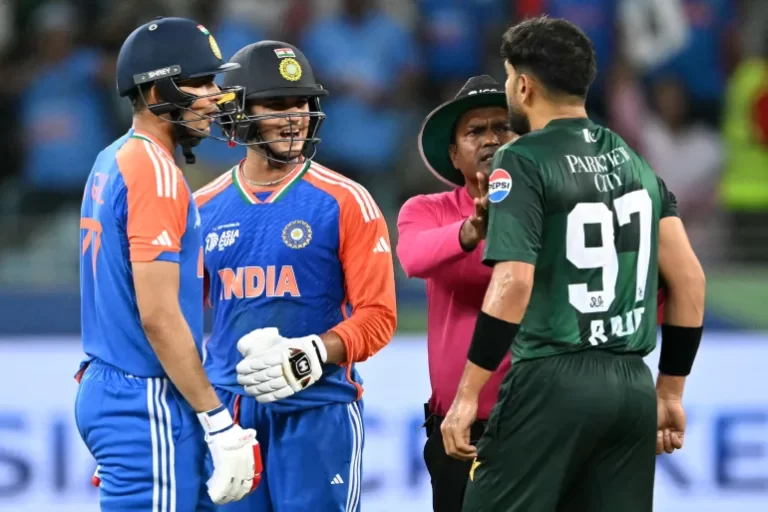As the excitement for the 2024 Summer Olympics in Paris builds, athletes are finding a unique addition to their Olympic Village accommodations—condoms. With the games set to kick off on July 26, Olympians arriving in the French capital are greeted with more than just their sports gear.
They’re being handed a generous supply of condoms as part of the Games’ efforts to promote safe practices and healthy lifestyles.
Condom Distribution at Paris 2024
In a recent TikTok video, Canadian sailor Sarah Douglas showcased the condoms, which come in blue and pink packaging. The condoms feature playful messages such as “On the field of love, play fair and ask for consent” and “No need to be a gold medalist to wear it.”
The packaging also includes a nod to the Paris Games’ mascot, the Phrygian cap, a symbol of freedom and revolution. This year, the Olympic organizers are providing a staggering 300,000 condoms for the 14,000 athletes participating in the Games.
The messages on these condoms are clear: “Score a win: Yes to consent, no to STDs,” “Don’t share more than victory: Protect yourself against STDs,” and “Fair play, safe play: Consent first.” This emphasis on safe sex and consent is part of a broader initiative aimed at promoting healthy lifestyles among athletes.
The return of the condom distribution program is especially notable this year, as it follows a period of strict COVID-19 protocols during the Tokyo 2020 Games. During those Games, athletes faced an intimacy ban due to the pandemic, with cardboard beds designed to discourage physical contact becoming a viral topic.
The emphasis on safe sex amidst stringent health measures highlighted the ongoing importance of these health campaigns.
A Tradition with a Purpose
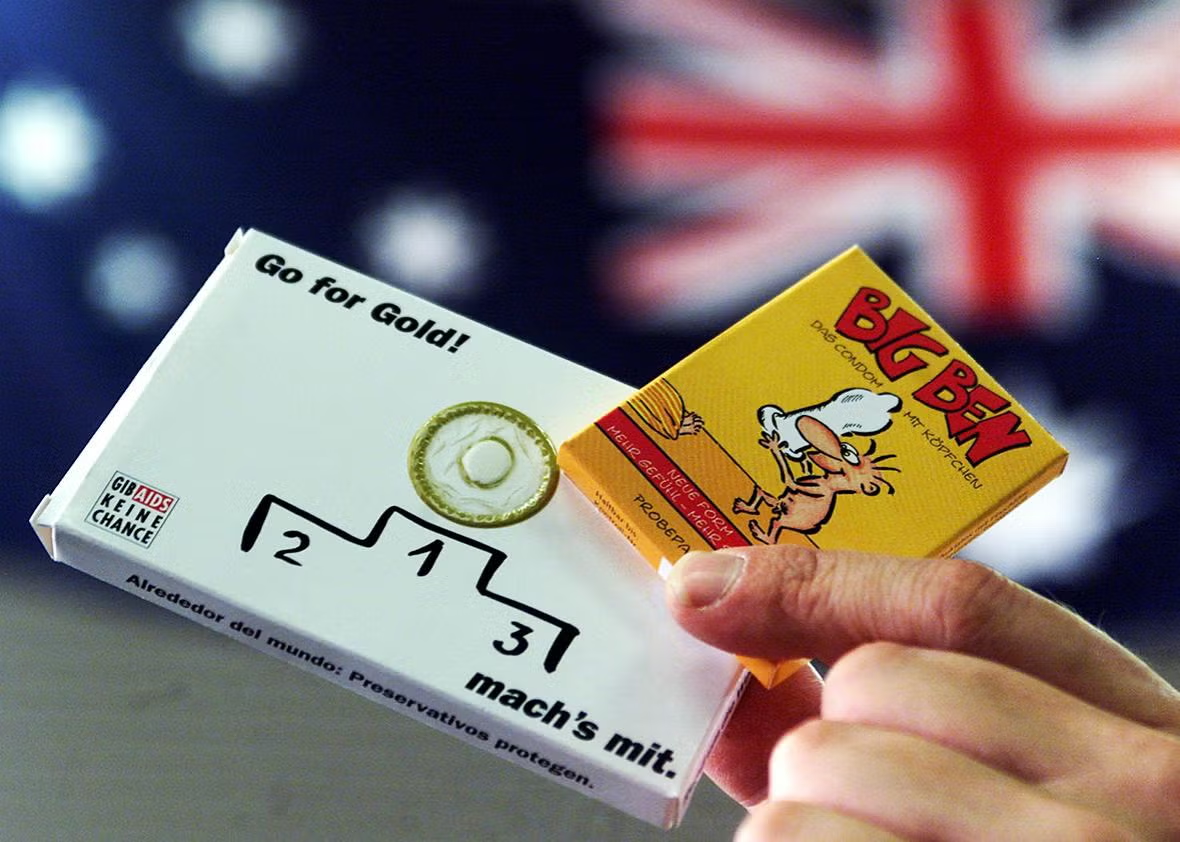
The practice of distributing condoms at the Olympics has a long history, rooted in the global health crisis of the 1980s. The tradition began in earnest at the 1988 Seoul Olympics, driven by the need to raise awareness about HIV/AIDS.
With the disease affecting millions worldwide, Olympic organizers decided to provide free condoms to athletes as a preventative measure.
The initial distribution was modest, with condoms available upon request. But as the global AIDS epidemic continued to spread, so did the practice.
At the 1992 Albertville Winter Olympics, the number of condoms provided surged to 36,000, with each packet reflecting the colors of the Olympic rings.
The 1992 Barcelona Summer Games saw an increase to at least 60,000 condoms, which were initially sold in vending machines but later given out for free due to logistical issues.
The 1994 Lillehammer Winter Olympics added a humorous twist to the tradition. Vending machines dispensing condoms appeared in schools converted into temporary housing for volunteers.
Students found the machines amusing, especially when they discovered that some condoms had raspberry flavors. Unfortunately, this led to an unexpected problem as condoms began to clog the sewage system.
By the early 2000s, the distribution of condoms at the Olympics had become a well-established practice. The 2000 Sydney Olympics saw such a high demand for condoms that an additional 20,000 were shipped in before the closing ceremony.
The 2004 Athens Games continued this trend with 130,000 condoms and 30,000 lubricant packets, emphasizing both athletic and personal performance.
The 2016 Rio de Janeiro Olympics set a new record with 450,000 condoms, including a significant number of female condoms. This peak reflected the increasing recognition of the need for such health measures while acknowledging the vibrant social life of Olympic athletes.
Why the Condoms Matter?
The provision of condoms at the Olympics is not just a nod to the athlete’s needs but a serious commitment to public health. By ensuring that athletes have access to condoms, the Games help raise awareness about sexual health, prevent the spread of sexually transmitted infections (STIs), and promote responsible behavior.
Laurent Michaud, director of the Olympic Village, emphasized the importance of creating a welcoming and enthusiastic atmosphere for the athletes. “It is very important that the conviviality here is something big,” Michaud told Sky News.
This year’s large distribution of condoms underscores a return to normalcy and a celebration of the Games’ social aspect after years of restrictive health measures.
As the Paris 2024 Summer Olympics approach, the distribution of condoms to athletes underscores a commitment to health and safety amidst the celebration of athletic excellence. With 300,000 condoms set to be distributed, the Paris Games are reinforcing their role in promoting both athletic and personal well-being.
This tradition, rooted in a global health crisis, continues to evolve, reflecting the changing landscape of public health and the enduring importance of safe practices.

